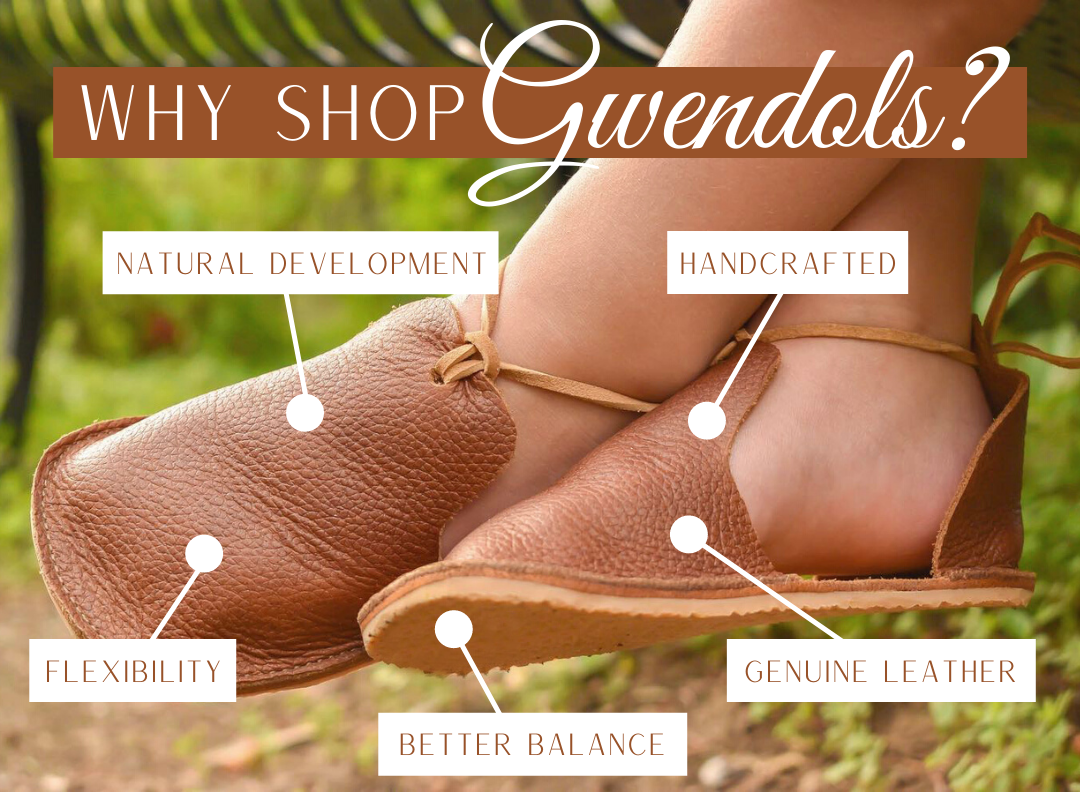Made from a soft swim fabric with soft 30-50 spf and UV protection. These are the perfect summer shoe for your little one! They have toughtek rubber non-slip soles and a tough toe for added protection. They have a scuba insole for heat regulation and extra comfort and an elastic opening, making them easy to get on and stay on. They are 100% waterproof and are machine washable (wash on gentle cycle and air dry)
Perfect for splash pads, pools, beaches, backyard play, playground, and more!
What size baby moccasin should I purchase? To ensure proper fit, be sure to follow sizing instructions. Measure one foot on a hard, flat surface from heel to toe, and then add half an inch. Full instructions can be found on our Size Guide page!
How do I wash baby moccasins? Leather moccasins should be removed of all loose dirt and then brushed gently with a mild detergent, like baby shampoo. Leave to dry on their own before wearing again. For detailed instructions and more information, visit our Care Instructions page.

The wiggling and kicking your baby does with his feet helps him strengthen the muscles needed for walking. Soft-soled shoes give your baby the space and flexibility to ensure proper muscle tone.
Tight, hard-soled shoes limit the amount of movement in your child's feet, and can cause interruptions in development. Our shoes also allow your baby to naturally grip the floor as they walk by spreading their toes, which further improves their balance and posture!
“When walking outside or on rough surfaces, babies’ feet should be protected in lightweight, flexible footwear made of natural materials.” American Association of Pediatrics